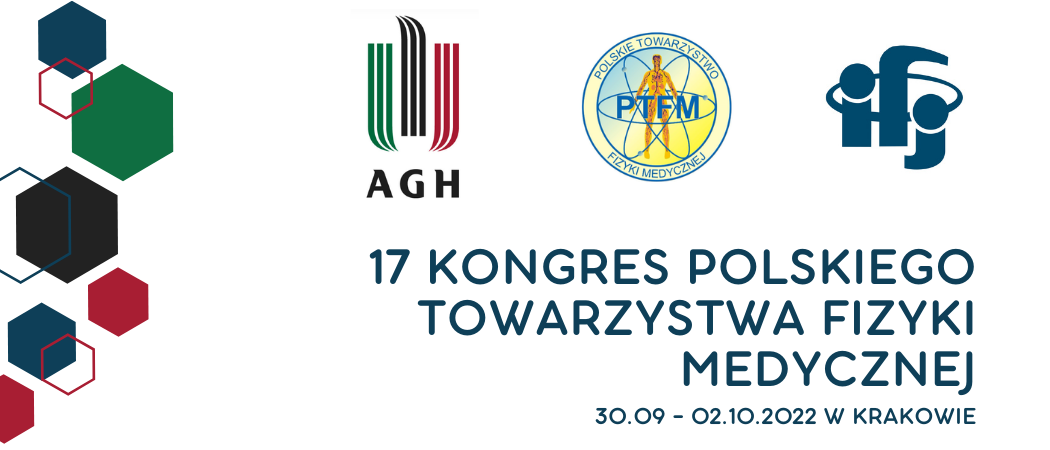Speaker
Description
Proton radiotherapy is recognized as an effective treatment method of tumors, which allows for increased sparing of normal tissues compared to conventional radiotherapy. Further improvement of clinical proton radiotherapy can be obtained with development of advanced treatment planning and dosimetry methods. The uncertainties in the biological modeling of the radiation effectiveness pose the major limitation of this treatment modality, which increases the risk of complications caused by proton irradiations, such as the development of secondary tumors or necrosis. Therefore, one of the main challenges in proton radiotherapy is to improve the current strategies of treatment planning by accounting for radiation quality described by means of the particle stopping power (Linear Energy Transfer - LET). Nowadays, LET is not considered in the clinical routine of treatment planning and dosimetry even if its engagement would fully allow to exploit the clinical advantages of proton radiotherapy.
Within the seminar, an overview of the computational and experimental methods for proton therapy treatment planning and dosimetry, clinically used at CCB and in other proton facilities will be presented. Moreover, it will be shown how to introduce radiation quality information in proton treatment. This part includes the development of (i) dosimetrical methods based on TimePix semiconductor pixel detectors developed in the framework of the CERN Medipix collaboration and (ii) computational methods based on fast GPU-accelerated Monte Carlo codes. The inclusion of radiation quality in the treatment planning and dosimetry has the potential to improve the precision of patient treatment in proton therapy.
| Sesja | Protonoterapia |
|---|

